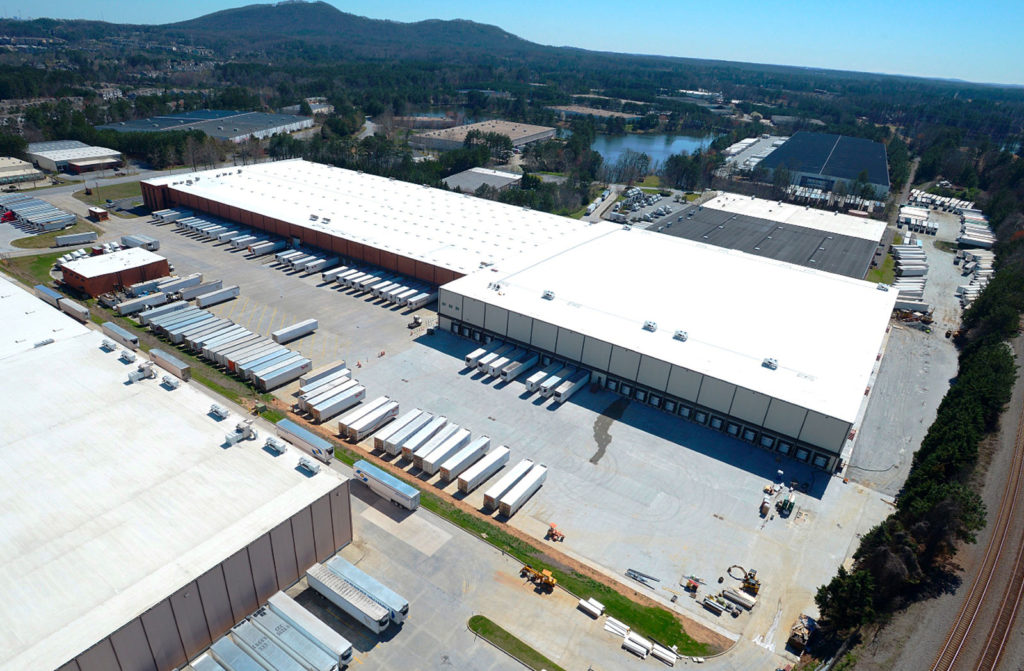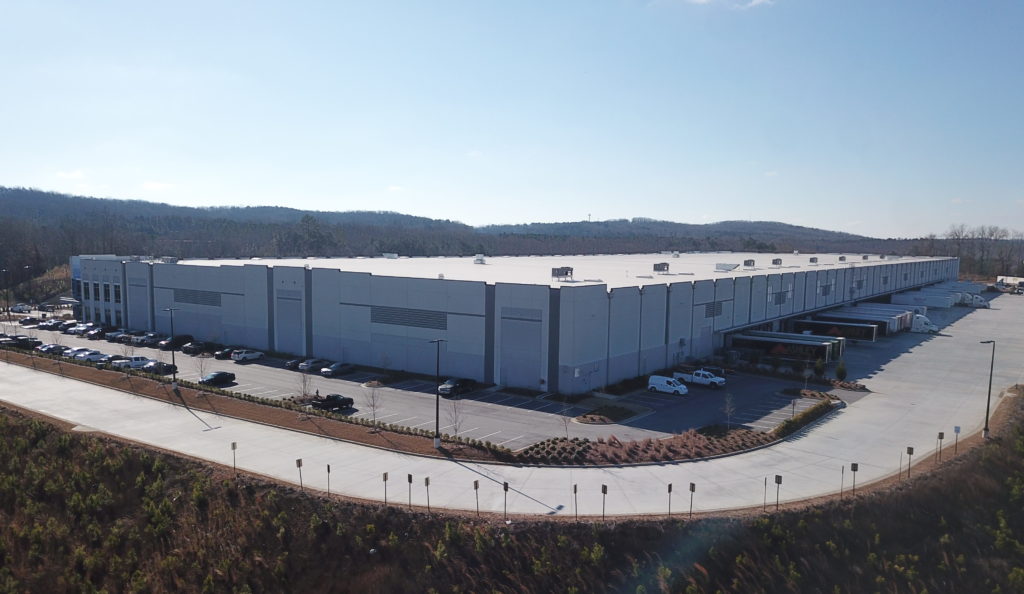How 3PL Thrives in Georgia State
How does one US state become known as the American Logistics Superstar?
According to an Inbound Logistics feature story, The Georgia Connection(s), dynamic third-party logistics operators, government leadership, and state assets are the crucial reasons the logistics industry consistently thrives in Georgia, despite the lingering impact of the global COVID-19 pandemic.
Hal Justice, vice president of sales and operations at Atlanta Bonded Warehouse (ABW), highlighted that cooperation among key connections in Georgia’s supply chain has helped logistics providers like ABW overcome the challenges of the past two years to see positive growth.
“To say that 2021 was a challenge would be an understatement,” Justice shared. He maintained that responsive, timely, open, and reliable communications from the Georgia Ports Authority helped ABW communicate and set reasonable expectations with its customers, despite national and international bottlenecks in the supply chain.
According to Pat Wilson, commissioner of the Georgia Department of Economic Development (GDEcD), Georgia’s booming economy results from leaders strategically prioritizing logistics investments for decades. Georgia’s logistics assets include two international airports, two deep-water ports, six US interstates, and both Eastern US Class I railroads.
Despite ongoing supply chain disruptions, ABW’s 70 years of experience in the warehousing and logistics industry has made a difference. “We had several large customers shift out-of-region volume to us despite a transportation penalty simply because we could handle their orders,” shared Justice. “It was difficult, but we have a great operations team who figured out a way to handle the volume,” he added.
ABW’s Third-Party Logistics Services in Kennesaw
Headquartered in Kennesaw, Georgia, Atlanta Bonded Warehouse offers seamlessly integrated supply chain solutions for warehousing, LTL transportation, and co-packaging services.

Kennesaw is conveniently located near all shipping ports within the Southeast, including Savannah, Charleston, Mobile, and the major ports of Florida. The city is served by both major interstate highways and CSX rail and is 100% Freeport and recognized for its low overall tax rates.

ABW’s Metro Atlanta campus boasts eleven facilities spread across Kennesaw and neighboring Acworth, Austell, and Lithia Springs and is located one mile from Cobb County International Airport-McCollum Field and under 40 miles from the Hartsfield-Jackson Atlanta International Airport. ABW has easy access to both the CSX and NS intermodal yards.
Read more about Georgia’s mastery of the “art and science of making logistics connections,” or contact ABW to learn about our temperature-controlled warehousing, co-packaging, or transportation services.
ABW's Frequently Asked Questions
- Do you manage other warehousing facilities outside of the Atlanta Metro?
Yes. Our name is local, but our service knows no boundaries. In addition to our Atlanta campus, we also manage facilities in:
- What does "food grade" warehousing mean?
The US Food and Drug Administration (FDA) sets safety standards for the materials and equipment used to store, prepare, or produce food to prevent foodborne illnesses caused by the contamination or cross-contamination of food and beverages.
Food-grade warehouses are registered with the FDA, subject to regular food safety inspections, keep food products at the appropriate temperatures and adhere to strict FDA standards of cleanliness to keep food products in a good and safe condition.
- What is a temperature-controlled warehouse?
A temperature-controlled warehouse uses heating or cooling systems (HVAC) to maintain exact temperature ranges for storing perishable or non-perishable goods before they are shipped to retailers.
Temperature-controlled warehousing helps protect products from potential spoilage, damage, or contamination caused by fluctuating temperatures. In a temperature-controlled environment, products are more likely to retain their quality, have an extended shelf life, and stay safe for human use or consumption.
Different products require storage at different temperature ranges, which include ambient (40°F–90°F), mid-temperature (55°F–75°F), refrigerated (28°F–42°F), or frozen (0°F and below)
- What are ABW's warehouse temperatures?
Atlanta Bonded Warehouse offers temperature-controlled warehousing solutions for products requiring storage at mid-temperature (55°F–75°F) ranges. We also provide storage at ambient (or “room”) temperatures (40°F–90°F). Examples of mid-temp warehousing products include pharmaceuticals and nutraceuticals, confectionery products, snacks, and beverages, and other products susceptible to high heat and humidity such as rice, pasta, flour, spices, and packaging.
Ambient temperature warehousing solutions are typically dry, clean, and well-ventilated – ideal for storing non-perishable products such as bagged, canned, or glass-pack goods, packaging, and CPG products.
ABW does not offer temperature-controlled warehousing solutions for fresh produce, refrigerated, or frozen products needing to be stored below 50°F.
- What does a warehouse management system (WMS) do?
Warehouse management system (WMS) software enables real-time visibility into a company’s inventory, fulfillment, and shipping operations. It offers superior tracking, planning, integration, and execution of different warehouse processes.
